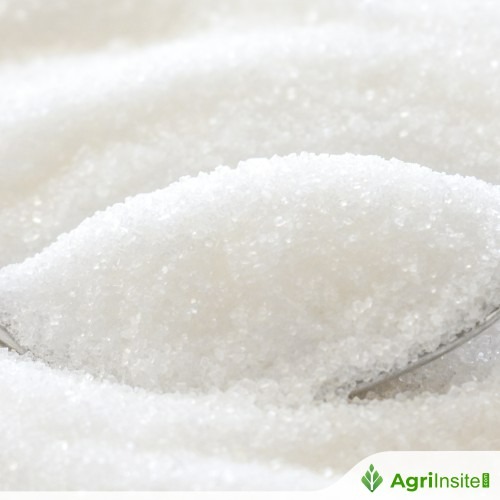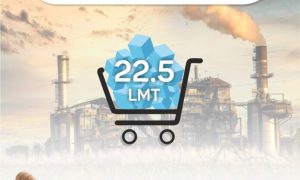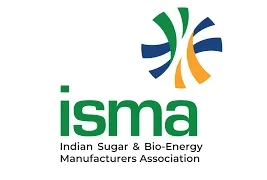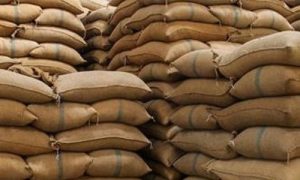Pakistan Agriculture reforms and sugar prices

PM Shehbaz Sharif urged agricultural reforms, yet flawed decisions—like allowing sugar exports based on misleading data—have worsened crises. With Pakistan now importing sugar amid IMF constraints, subsidies and food security are at risk. True reform needs holistic, data-driven policies, focus on small farmers, and realistic IMF negotiations—not repeated rhetoric or elite-influenced decisions undermining productivity and rural livelihoods.
EDITORIAL: Prime Minister Shehbaz Sharif directed relevant authorities to formulate a comprehensive action plan to enhance agricultural productivity, modernise the sector and boost exports with the objective of strengthening Pakistan’s food security and rural economy.
This exhortation by successive heads of government is not unusual though they fail to take note of the fact that it is their own administrations that sabotage these goals.
Take the case of the ongoing sugar crisis with its price skyrocketing due to the same old flawed policy decisions that were premised on inaccurate data: the elite sugar millers, with pervasive influence in parliament and the Cabinet, assured the government that they had surplus stocks that if exported would have no impact on domestic price and generate foreign exchange for the country to boot.
The naive government decision-makers took the millers’ data of stocks and domestic demand at face value and allowed export of 0.76 million tonnes earning 411 million dollars for the mill owners. After a high level review of the price of sugar in the domestic market the administration decided to import 500,000 tons of sugar.
The two critical questions are: what is the exact amount of foreign exchange that would be required to import sugar? In this context, it is relevant to note that our total foreign exchange reserves as uploaded on the State Bank of Pakistan website were 14.5 billion dollars on 04 July 2025, including a one-year rollover of 16 billion dollars by friendly countries.
Thus while the 411 million dollars earned from sugar exports must be appreciated the reserves remain less than the debts incurred. And secondly, the country is on a harsh upfront International Monetary Fund (IMF) programme, which envisages a reduction in subsidies.
It is unclear whether the Fund’s approval has been sought for importing sugar or the onus of seeking approval left to the Finance Ministry. In addition, the budget for 2025-26 allocates 15 billion-rupee subsidy under the head of arrears payable to Utility Stores Corporation on account of sugar which may be diverted to importing sugar and/or whether the government intends to divert a budgeted subsidy from another head for this purpose.
In line with IMF conditions the government desisted from setting a support price for the staple wheat which led to a fall in the domestic market price, however as forecast by sector experts this accounts for lower area under cultivation of wheat for next season that, in turn, is expected to require importing wheat.
There is therefore a need to look at the agricultural sector holistically and instead of merely accepting all Fund conditions as economically viable the government needs to present an alternate narrative that lays out the interim period when costs would rise (in terms of imports) with a negative impact on not only the farmers but also the general public.
The Prime Minister’s exhortation to modernise the sector is again something that his predecessors have also been advocating; however, the major impediment remains the large number of subsistence farmers, and a very small number of rich farmers with the capacity to modernise their farms that accounts for their yield per hectare being well above the national average.
To incentivise the small subsistence farms would require a strategy that would not alienate the poor farmers but incentivise them to raise their yield — incentives that unlike in the past are focused on cooperative farming and not on monetary and fiscal incentives that would be opposed by the Fund.
It is also worth noting that crops form a very small portion of the country’s GDP – with major crops accounting for 4.20 percent, and other crops a mere 2.23 percent – while agriculture accounts for a total of 23 percent of GDP. There is a need therefore for the prime minister to direct his team to take informed decisions through appropriate empirical studies rather than to simply state the same old mantra which is not tenable.
To Read more about Sugar Industry continue reading Agriinsite.com
Source : Business Recorder














